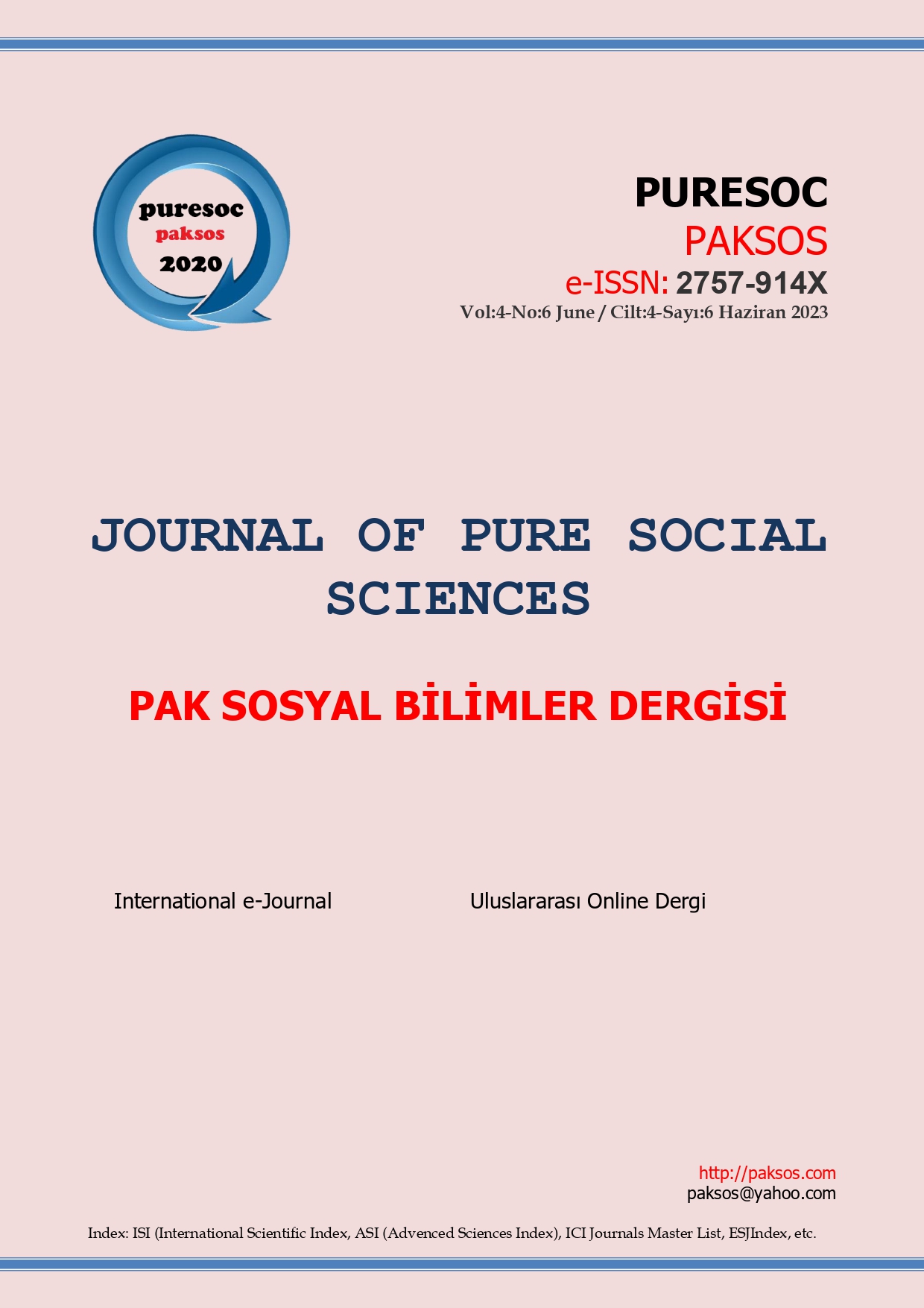THE INTERMEDIARITY ROLE OF PSYCHOLOGICAL FLEXIBILITY IN THE RELATIONSHIP BETWEEN OBSESSIVE COMPULSIVE SYMPTOMS AND SHAME, GUILT AND PERCEIVED STRESS
Keywords:
OCD, Stress, Shame, Guilt, Psychological FlexibilityAbstract
The aim of this study is to examine the mediating role of psychological flexibility in the relationship between obsessive-compulsive symptoms and shame, guilt and perceived stress. Relational survey model was used in the study. The population of the study consisted of individuals aged 18 and over living in Turkey and the Turkish Republic of Northern Cyprus. The sample of the study consisted of 500 Turkish-speaking adults aged 18 years and over, who were selected by unknown sampling method. In this study, Socio-Demographic Information Form, Psychological Resilience Scale, Vancouver Obsessive Compulsive Scale, Perceived Stress Scale and Error-Related Guilt-Shame Scale were applied. In the findings of the study, positive and significant correlations were found between the scores obtained from the obsessive-compulsive scale and the scores obtained from the error-related guilt-shame scale, perceived stress scale and psychological resilience scale. It was observed that as the obsessive-compulsive scores of the participants increased, their fault-related guilt-shame, perceived stress and psychological resilience scores also increased. Positive and significant relationships were found between guilt-shame scale scores and perceived stress scale and psychological flexibility scale scores. By doing more research in this area, the effect of OCD on psychological flexibility can be better understood.


